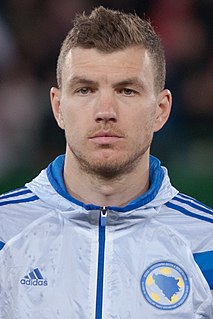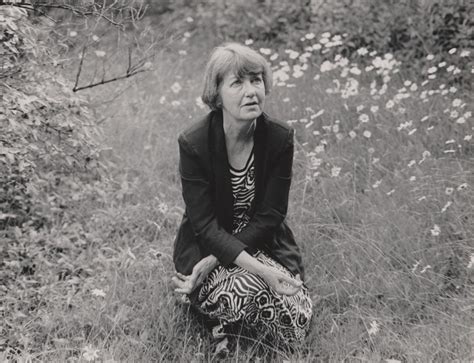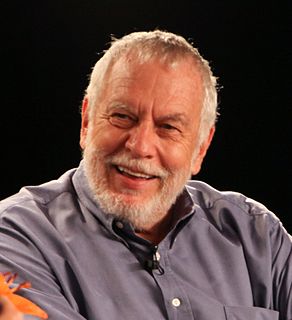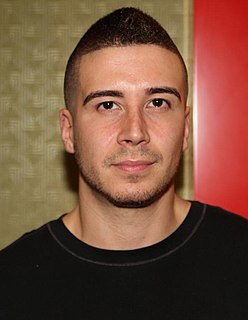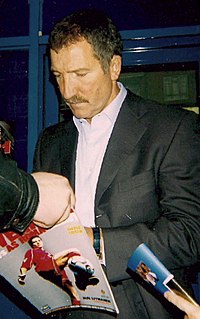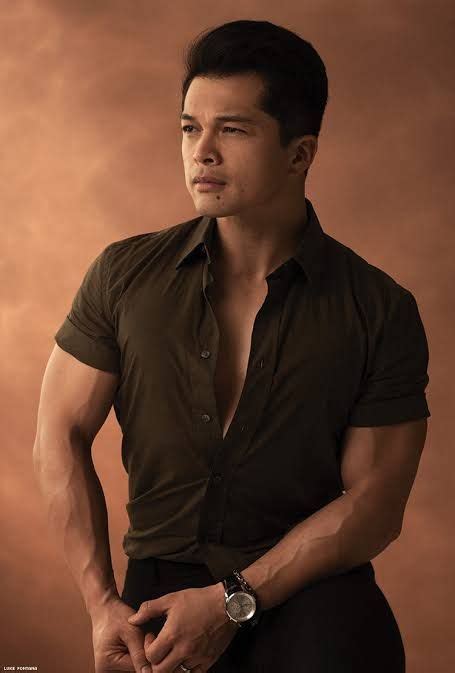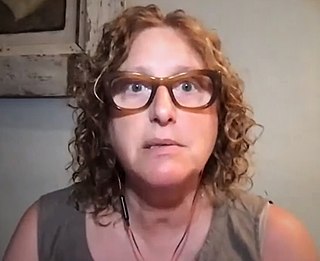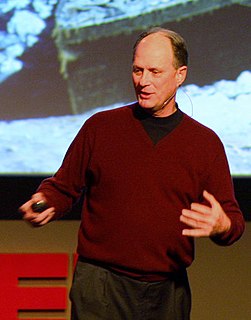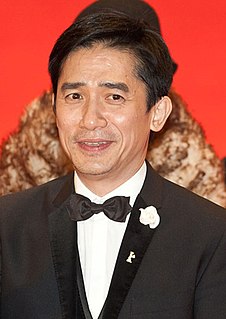A Quote by Edin Dzeko
I was six when the war started. It was terrible. My house was destroyed, so we went to live with my grandparents. The whole family was there, maybe 15 people all staying in an apartment about 35m square. It was very hard.
Related Quotes
I left most of my stuff there in my apartment in the suburbs of Damascus. My apartment was completely destroyed by a bomb in 2013. I lost everything there. I cried not only for losing my apartment and my belongings, I cried for our whole people. I feel really sorry for the people in Syria. My apartment or my property is a very, very small part of this big disaster. Syria looks like hell today. It's completely hell and chaos.
The rooms of his apartment were full with the dog home again, convalescing. He was satisfied to know, even when she was out of sight, that somewhere in the apartment she was sleeping or eating or sitting watchfully. It was family, he guessed, more or less. Did most people want a house of living things at night, to know that in the dark around them other warm bodies slept? Such a house could even be the whole world.
I'm a Veteran. I was in the Navy, in the submarine corps. I come from a military family. Both of my grandparents were in World War II and retired as officers. One fought in the Pacific and one fought in Europe. The whole family was in the war. I grew up exposed to it and hearing the stories, but the stories I heard weren't kind of the whole "Rah, rah, rah! We saved the world!" They were about the personal price and the emotional price.
In 1980, business at my company, Chuck E. Cheese's, was thriving and I was feeling flush. So I bought a very large house on the Champ de Mars in Paris, right between the Eiffel Tower and the Ecole Militaire. The home was quite amazing: At six stories, it spanned 15,000 square feet and featured marble staircases and a swimming pool in the basement.
I got a family house for everybody to live in - my mom, my sisters and I. And I made sure that it has a separate apartment downstairs for myself. Family is more important than anything. We don't come from any money. So once I get them settled in, in a nice house, then I'll branch out and see if I can get something else.
I started teaching in '76 and I'd been a photographer at the Geographic for six years. But prior to being at the Geographic I was a teacher. Plus my parents were teachers and my brother and my grandparents. So it was the culture of our family to think about teaching, to talk about teaching, to talk about teachers.
I was raised in a dominantly Filipino family. I didn't know I was 'mixed' until I got older and started asking questions about my grandparents, the origins of our middle and last names. We were kind of textbook Pinoys. A lot of the Filipino stereotypes that were joked about by me and my friends rang very true with my family.
There's a difference between someone who's 'harsh' and someone who is 'hard.' Life was hard. You lived in the South, as my grandparents did, and you had to survive. That is hard. In order to respond to that, he had to become a hard man, with very hard rules, very hard discipline for himself, very hard days, hard work, et cetera.
My father left us three times when I was between three and six. You just couldn't tell - suddenly one day he would leave and then maybe he would come back after six months without telling you why. And then maybe he would disappear again after a year and it's very difficult to take when you are four or five. You just don't know how to handle it and nobody in the family wants to talk about it. My mother didn't know how to tell us and she needed to work because we needed money to live.
